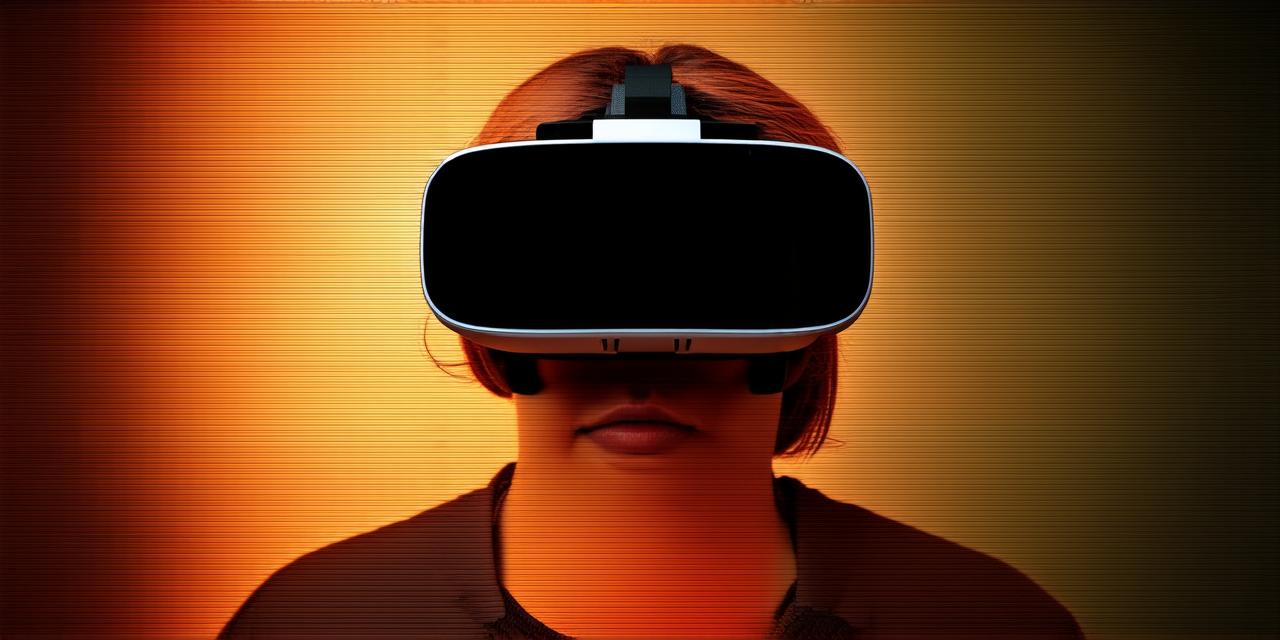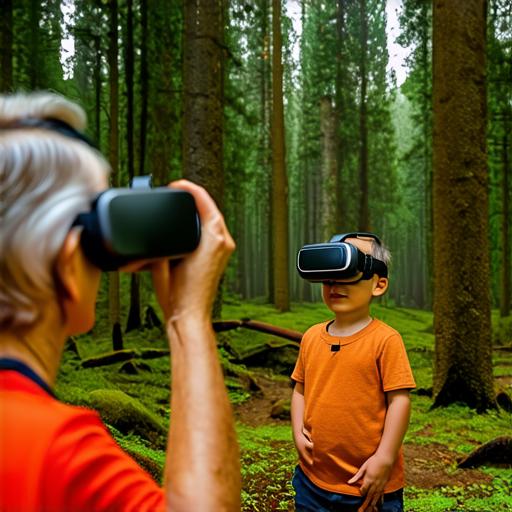
What are the applications of virtual reality exposure therapy?
Virtual reality exposure therapy (VRET) is a type of treatment that uses virtual reality technology to simulate real-life situations that trigger anxiety or phobias in patients. The goal of VRET is to expose patients to these situations in a safe and controlled environment, allowing them to gradually overcome their fear and improve their quality of life.

Here are some of the common applications of VRET:
1. Treatment for anxiety disorders
VRET has been shown to be an effective treatment for various types of anxiety disorders, such as generalized anxiety disorder (GAD), panic disorder, and social anxiety disorder. By exposing patients to anxiety-provoking situations in a virtual environment, VRET can help them develop coping skills and reduce their fear levels.
2. Treatment for phobias
VRET is also commonly used to treat specific phobias, such as arachnophobia (fear of spiders), acrophobia (fear of heights), and claustrophobia (fear of confined spaces). In these cases, VRET can simulate the feared environment and allow patients to gradually expose themselves to it in a controlled and safe way.
3. Treatment for post-traumatic stress disorder (PTSD)
VRET has been used to treat PTSD in military personnel who have experienced trauma during their deployment. By re-experiencing the traumatic event in a controlled virtual environment, patients can work through their emotions and develop coping skills to manage their symptoms.
4. Treatment for addiction
VRET can be used to treat various types of addictions, such as substance abuse and behavioral addictions. By simulating real-life situations that trigger cravings or compulsions, VRET can help patients develop the skills and coping strategies they need to resist these triggers and maintain their sobriety.
5. Training for healthcare professionals
VRET can be used to train medical students and healthcare professionals in various fields, such as surgery, emergency medicine, and mental health. By simulating real-life situations, VRET can provide a safe and controlled environment for students to practice their skills and improve their performance.
In conclusion, virtual reality exposure therapy is a powerful tool that has many applications across different fields. From treating anxiety disorders and phobias to PTSD and addiction, VRET offers a safe and effective way to expose patients to situations they might otherwise avoid. Additionally, VRET can be used for training healthcare professionals in various fields, providing them with the skills and knowledge they need to perform their jobs effectively.


